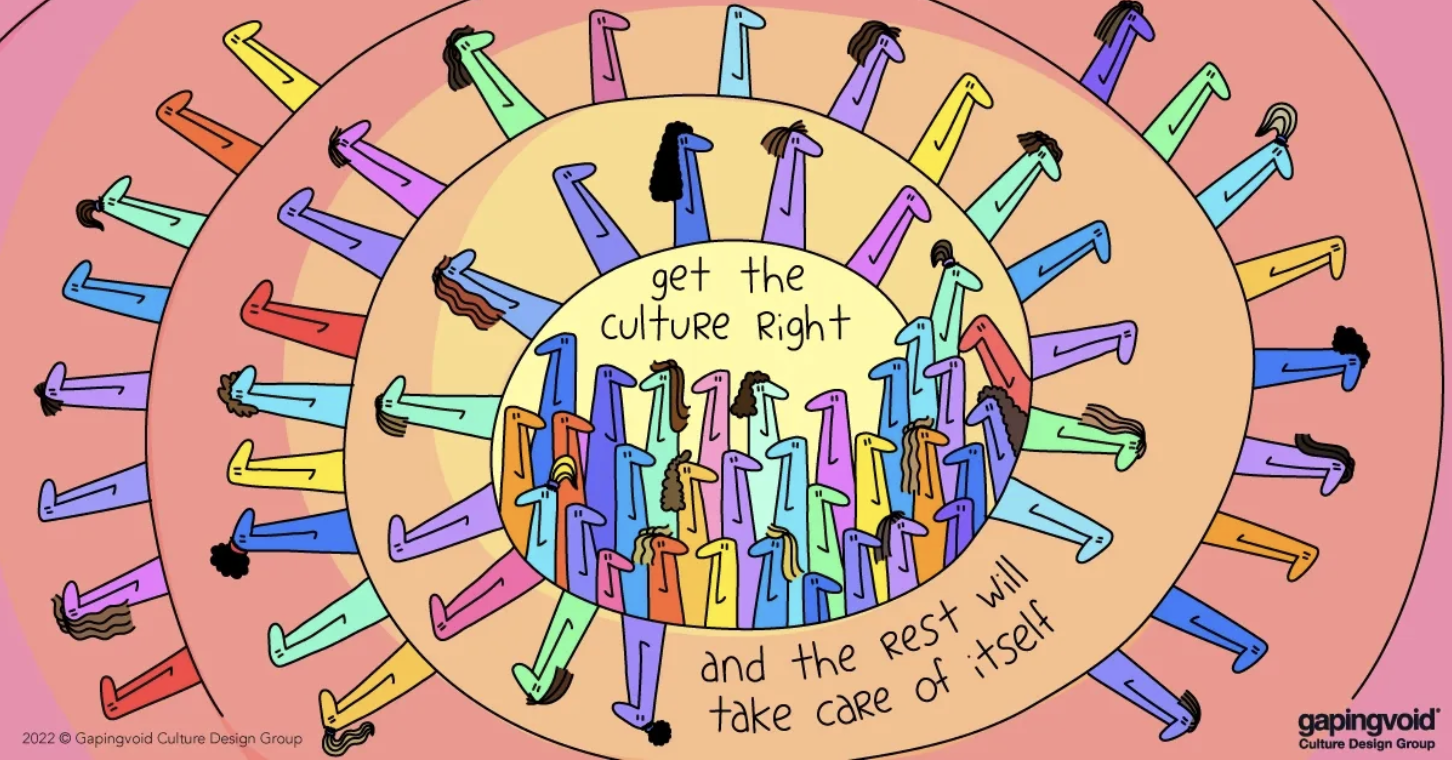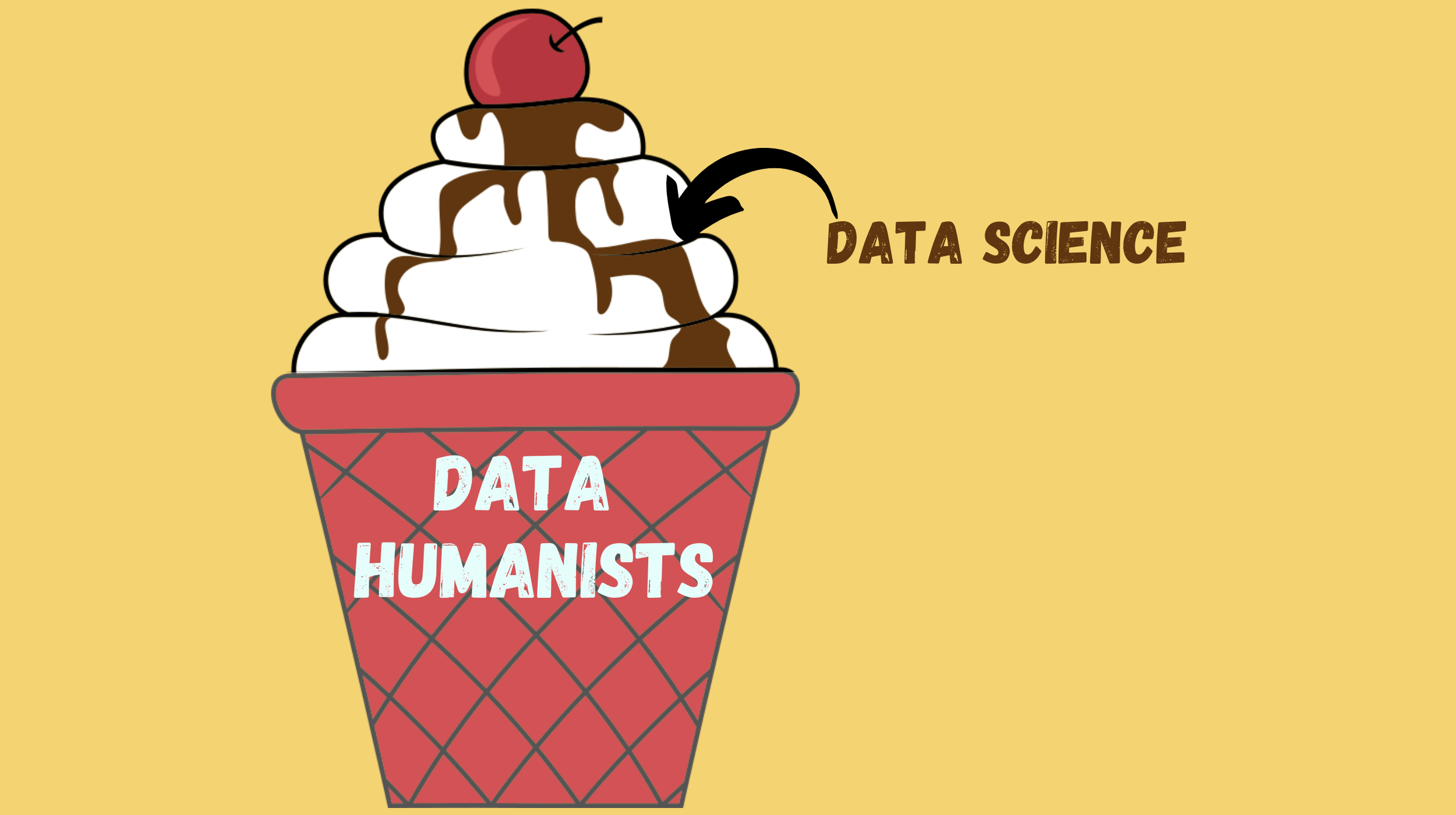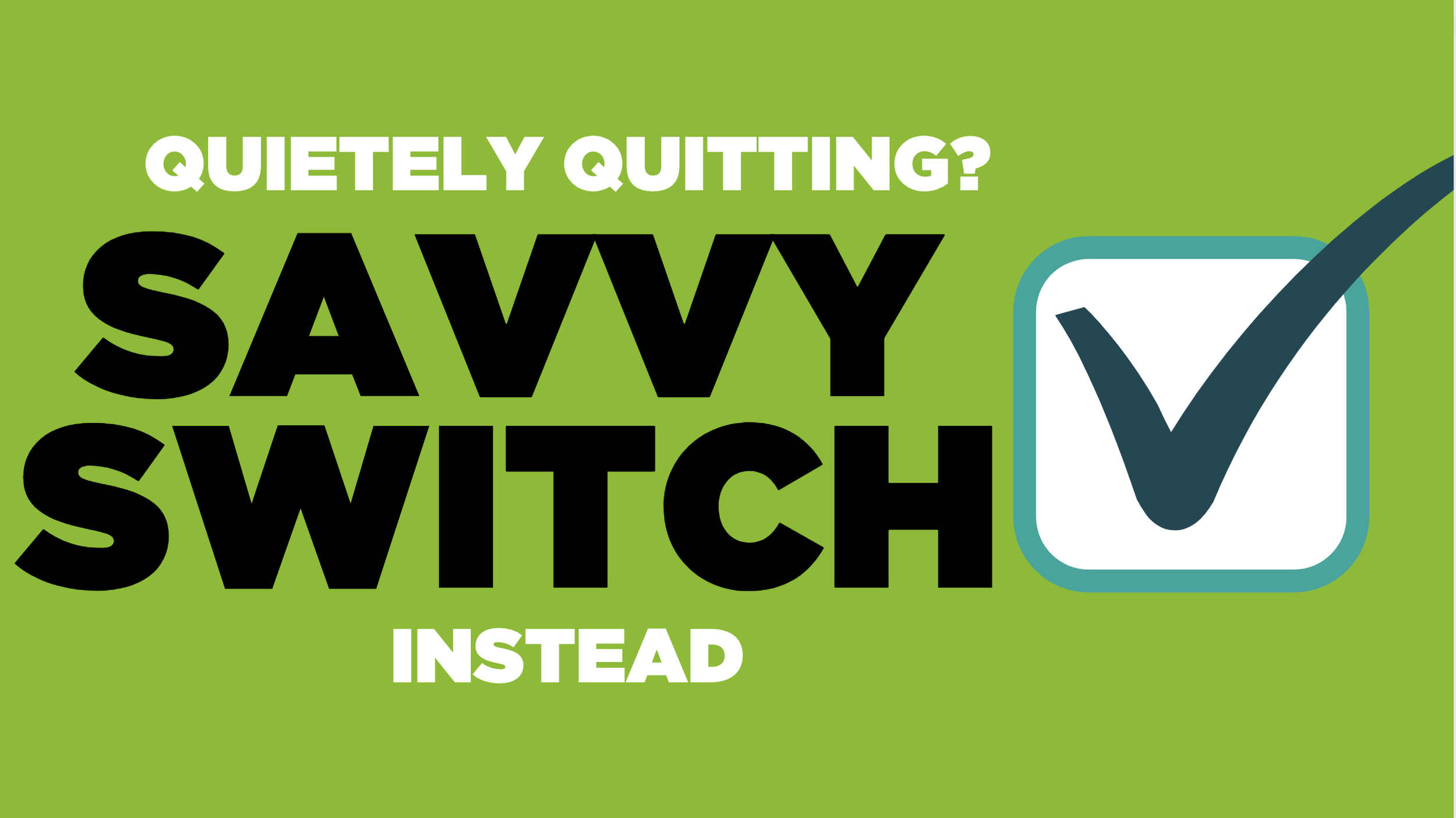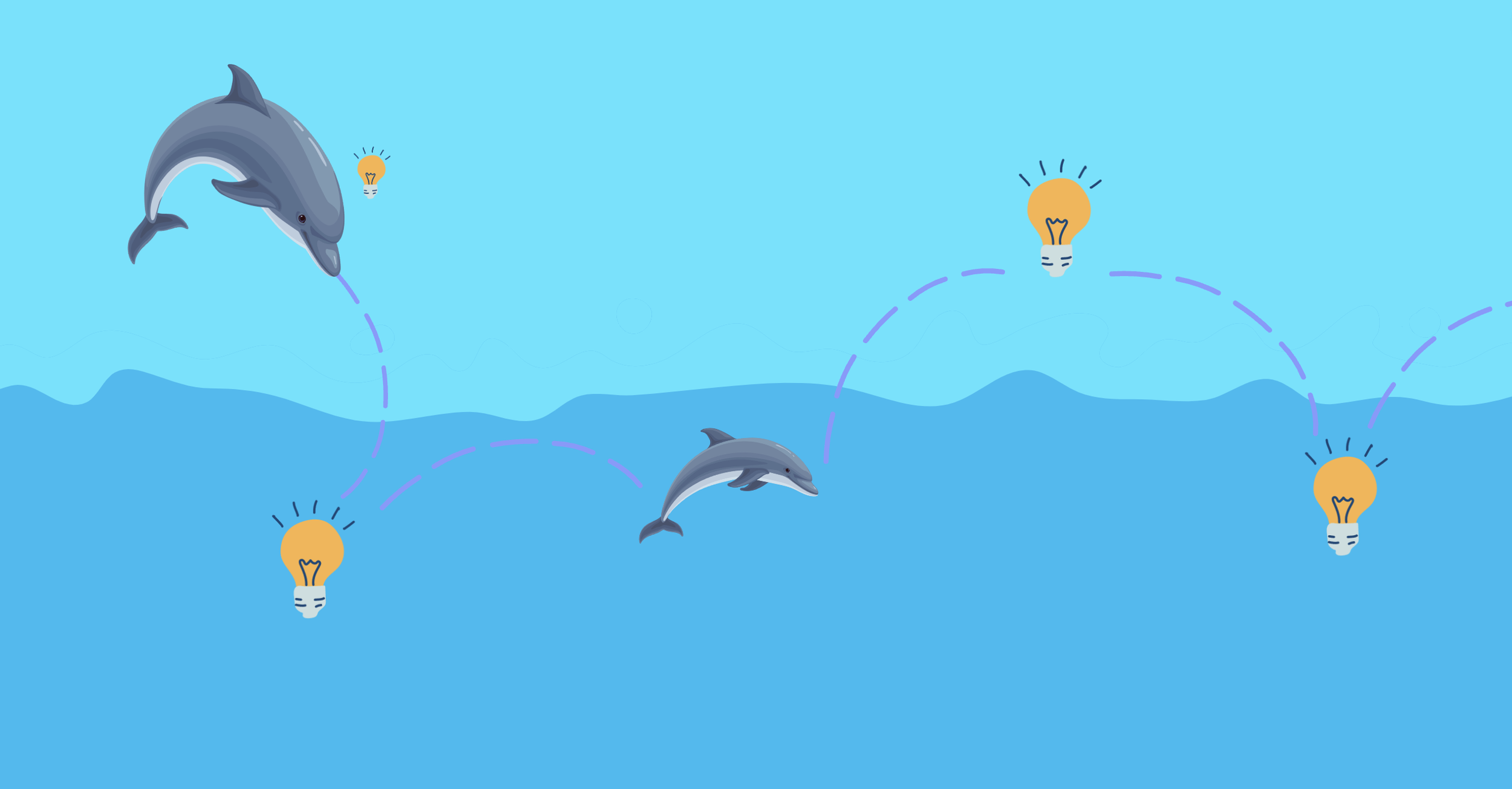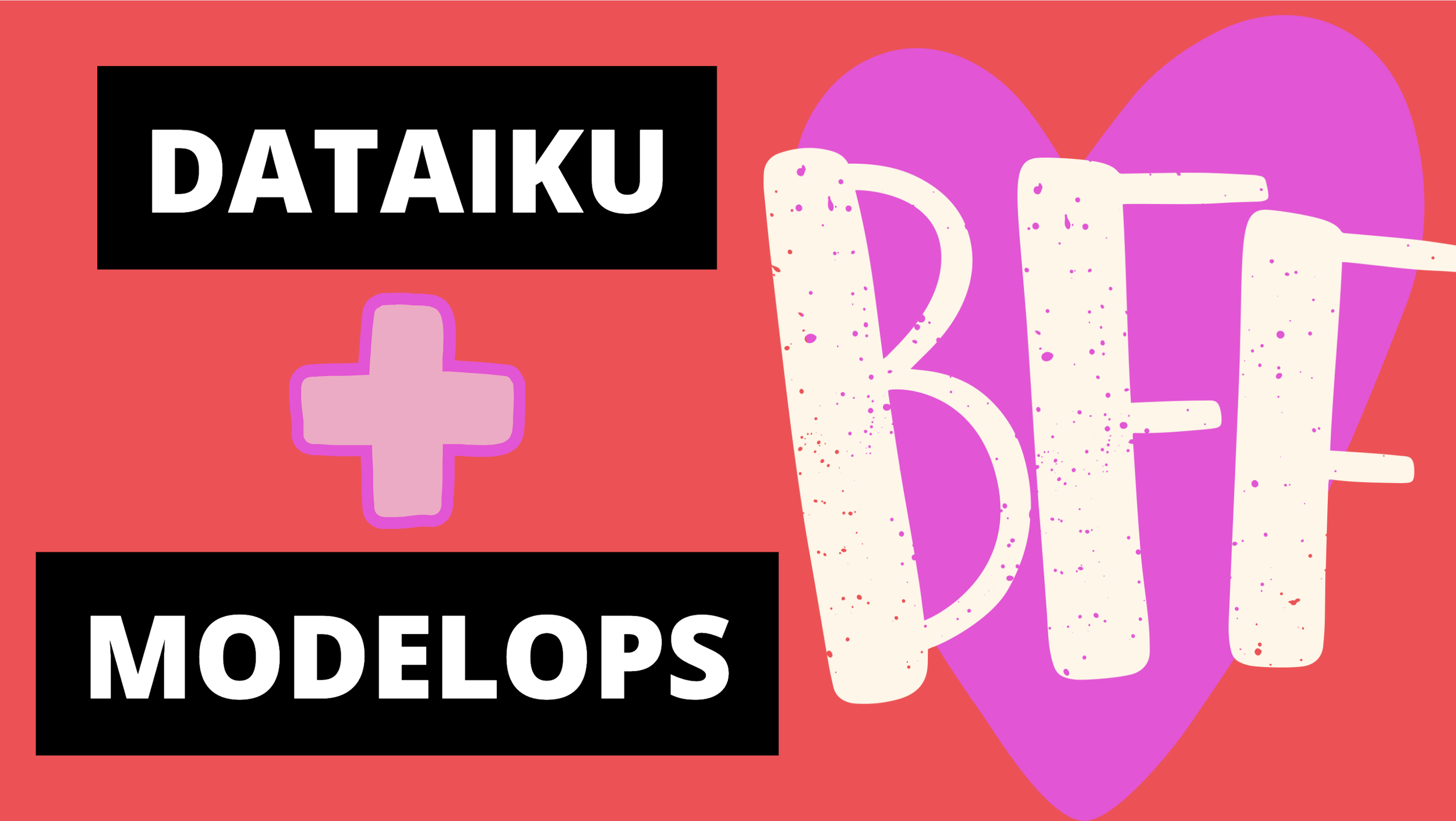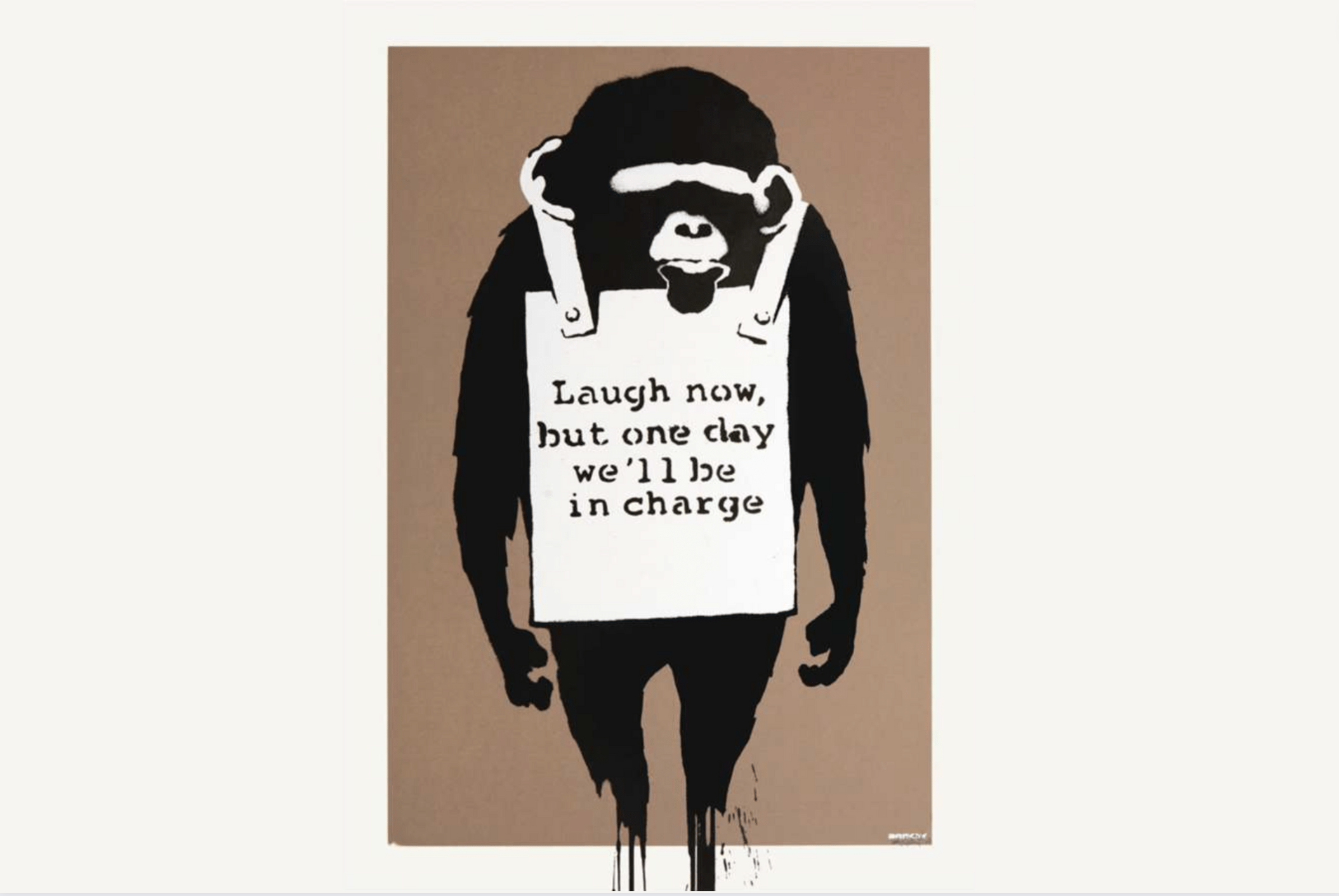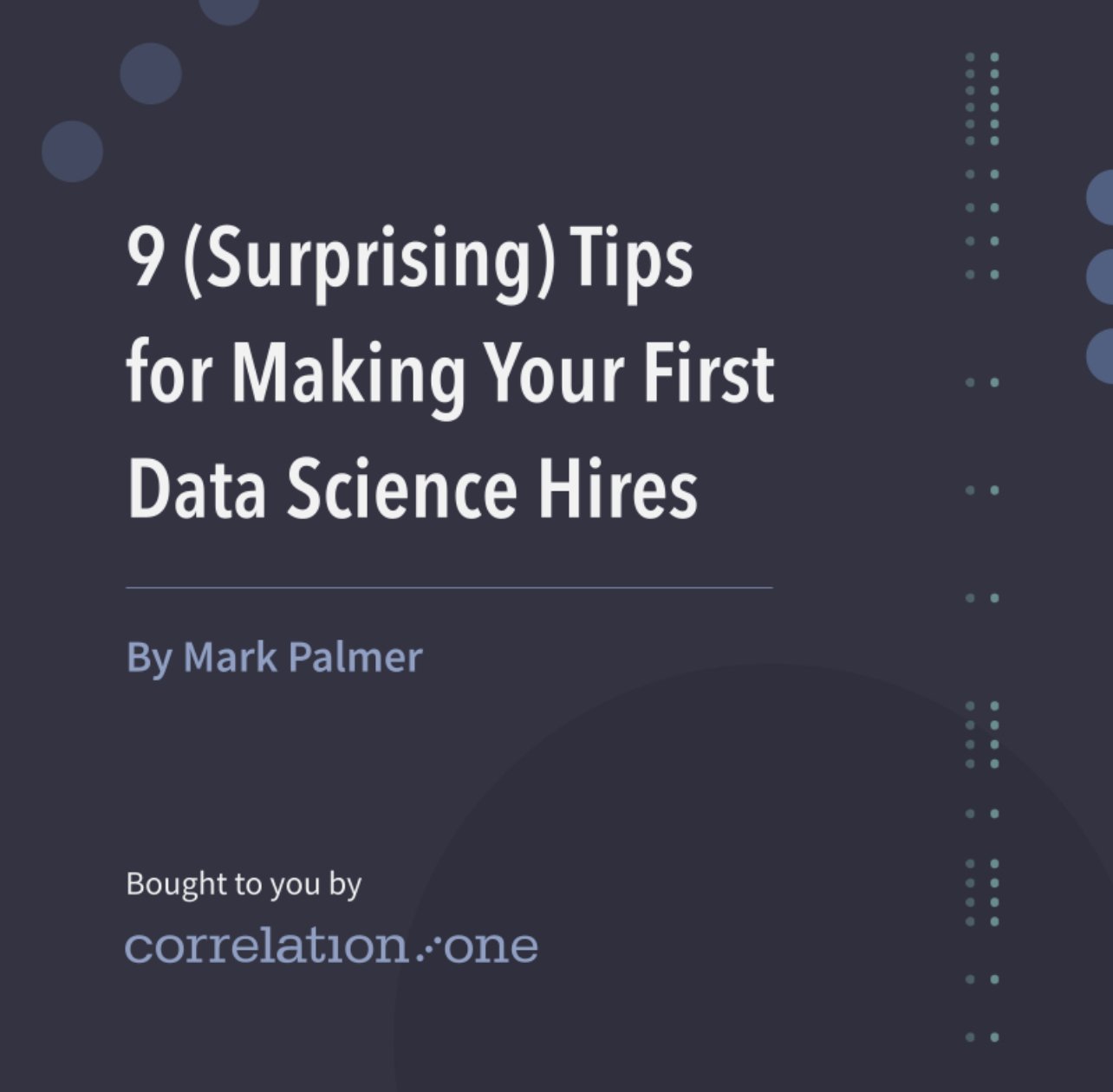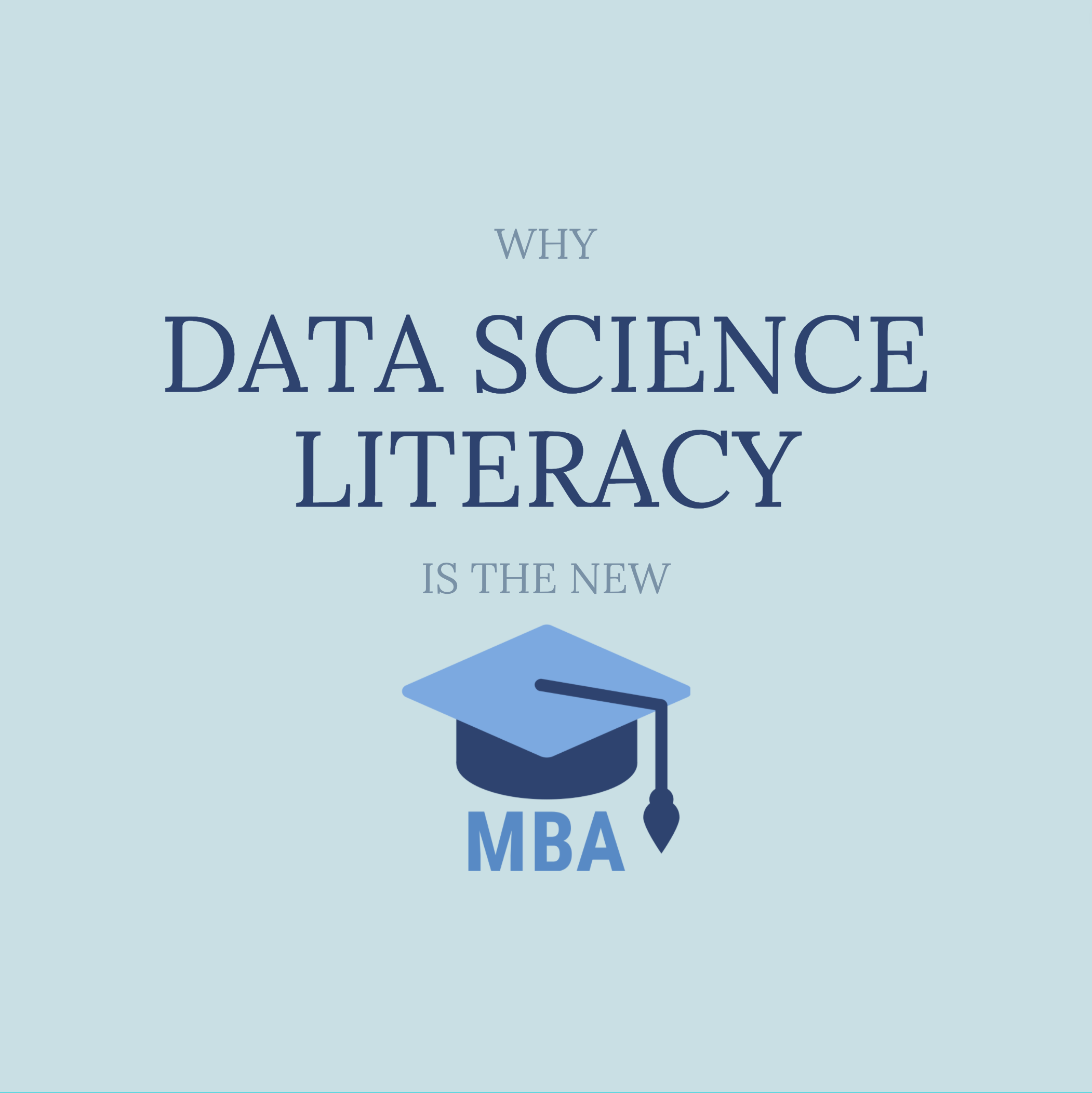Be Decision-Driven Not Data-Driven: Q&A
Last week, Be Decision-Driven Not Data-Driven sparked a lot of interest on LinkedIn… over 1,200 reactions, 130 comments, and 120,000 post impressions. The article argues for a decision-driven approach (primarily driving data science projects based on business questions) instead of data-driven (primarily start working with the data you have).
Here are some of the top interactions and ideas that came up.
Yogi Berra on decision-driven…
Kevin Britton from Hemlock Semiconductor supports decision-driven with help from Yogi Berra:
It's on all of us who work with analytics to help turn this tide. We routinely get asked for a solution -- "I need a dashboard for this data." But analytics isn't an end to itself. Just as in other kinds of improvement projects, we have to start by backing away from pre-conceived solutions and take the time to understand the problem/pain and the business benefit in fixing it. For analytics, it means asking a key question upfront: "What question do you need to answer?", or as you state it, "What decision do you need to make?"
Or, as Yogi Berra put it, "If you don't know where you're going, you might wind up someplace else." :D
What does Cassie Kozyrkov, Chief Decision Scientist at Google, think?
Well, no one actually asked this question, but a lot of folks were amused by her comment on the article, including me:
Powerful people (hubris) screws decision-making up by adding “Noise.”
Tirthajyoti Sarkar from Adapdix laments that “powerful people love to show strength by taking decisions based on 'gut feeling'. Hence the data. I am all for this approach but how to make sure the 'noise' problem in decision-making, as raised by Dr. Kahneman in his latest book (Noise, A Flaw in Human Judgement), is being tackled when the old guard decision-makers are leading the teams again?”
I see evidence that the “old-guard” is fading away, albeit slowly. More data-educated and diverse leaders are on the way.
Decision-making is 50% data and 50% human intuition and expertise
Emilia Zainel suggests that behavioral economics research shows that decision-making is 50% data and 50% human intuition and expertise. In support, she cites A Psychological Approach to Decision Support Systems by Stephen J. Hoch, David A. Schkade, 1996. Its goal was to explore “How to make a decision support system (DSS) take advantage of the distinctive competencies of decision-makers while compensating for their inherent weaknesses” and concludes “Experiments confirm that providing decision-makers with a simple linear model in combination with a computerized database of historical cases improves performance significantly.” This paper Emilia shared is excellent and worth reading!
Why have decision-makers who are not data scientists?
Dr. Pavan Sangha from Shell asked: why have decision-makers who are not data scientists?
Professor Stefano Puntoni responded: “by decision-makers, we mean domain experts in leadership positions who are accountable for the decision. I agree all managers should be data literate but that doesn’t mean every manager should be an econometrician or computer scientist. That’s both unrealistic and unnecessary. After all, the great benefit of contemporary organizations lies in the division of labor.”
"Decision-Driven + Data-Powered" might be a rough approximation to both concepts working in sync together
Jaime Blanco from Maxam in Madrid was one of many folks who said “decision-driven and data-powered” is a good way to characterize good decision-making. I loved this view and it reminded me of Cassie Kozyrkov’s excellent article and this one that visualizes the point:
Iteration between decision-driven and data-driven is best.
Joseph Morgan, a customer-facing data scientist at DataRobot, feels iteration between decision-driven and data-driven is the best way to drive impact. Agreed! Several times I found myself comparing the balance in decision-making to play-calling in American football, as in the next observation…
American football play-calling is a good example of decision-making at work.
In American football, where each play requires a decision about which play to run. Each team runs between 900-1200 plays in a typical season. The coach (decision-maker) and the quarterback (data scientist) often disagree and debate vigorously. Usually, the coach decides. Sometimes the quarterback overrides the call based on what he sees. Always, they debate.
Where did you get the stat that only 24% of companies have reached data-driven nirvana?
This statistic is from this 2021 survey and report by New Vantage Partners.
Also, I discussed the New Vantage Partners study with analyst Erick Brethenoux from Gartner. They found that 47% of companies feel they’ve achieved their data goals. He explained that Gartner surveyed MATURE data science organization where New Vantage includes less mature companies as well.
Both studies suggest we have decision-making work to do!
Where is the original article by Bart De Langhe and Stefano Puntoni?
Here: Leading With Decision-Driven Data Analytics, Spring 2021 Issue of MIT Technology Review, by Bart De Langhe and Stefano Puntoni.
What useful analyst reports are there about decisioning systems?
Research that aligns with decision-driven thinking is Introducing AI-Powered, Human-Controlled Digital Decisioning Platforms—Use DDPs To Encapsulate Decision Logic Powered By The Best Of Analytics, AI, Math, And Human Logic by Forrester analysts Mike Gualtieri and Boris Evelson with Srividya Sridharan, Brian Hopkins, Chris Gardner, Jeremy Vale, and Diane Lynch. You need to be a Forrester customer to access this report.
“Decision-driven” is better than “business outcomes”
My colleague Matt Podboy explained that “becoming decision-driven is better than focusing on "business outcomes,” because outcomes depend on many preceding smaller decisions, perhaps hundreds, thousands, or in the case of algorithmic trading or automated manufacturing, millions of small decisions.



